During lockdown, crime shot up around the country. Most cities have seen their numbers come down — most aside from our nation’s capital. Why? In our editorial, we ask what’s being done — it might not surprise you that the answer is “not much.”
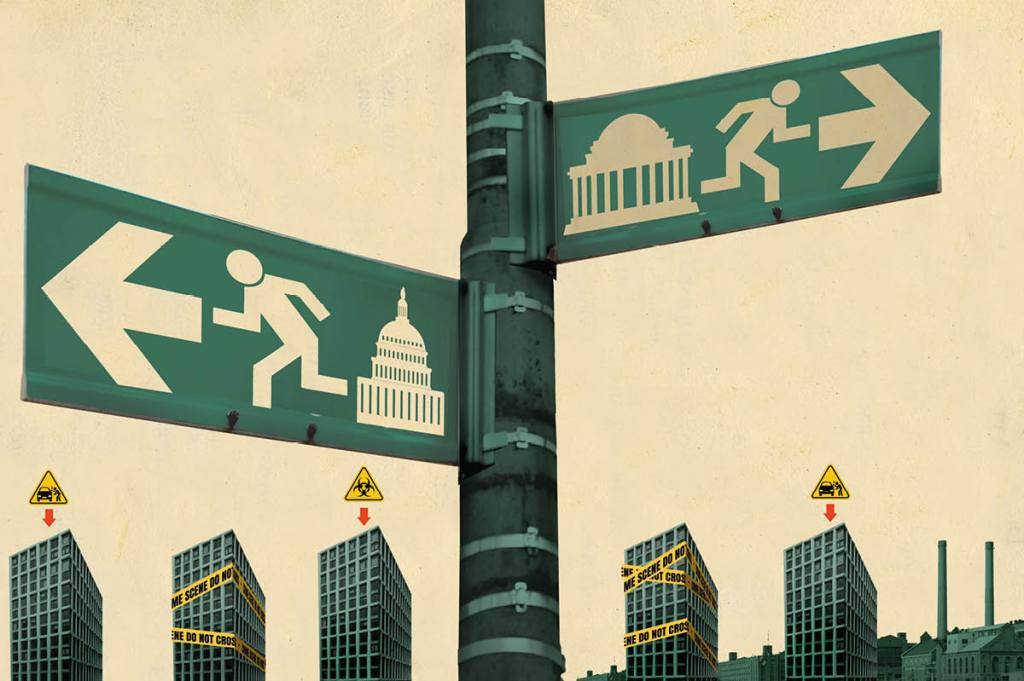
Matt McDonald, a resident of Navy Yard, one of the worst-hit areas, says that his neighborhood is a failed experiment in gentrification — and asks if help is on the way. And Tim Rice looks at why and how DC got to where it is right now.
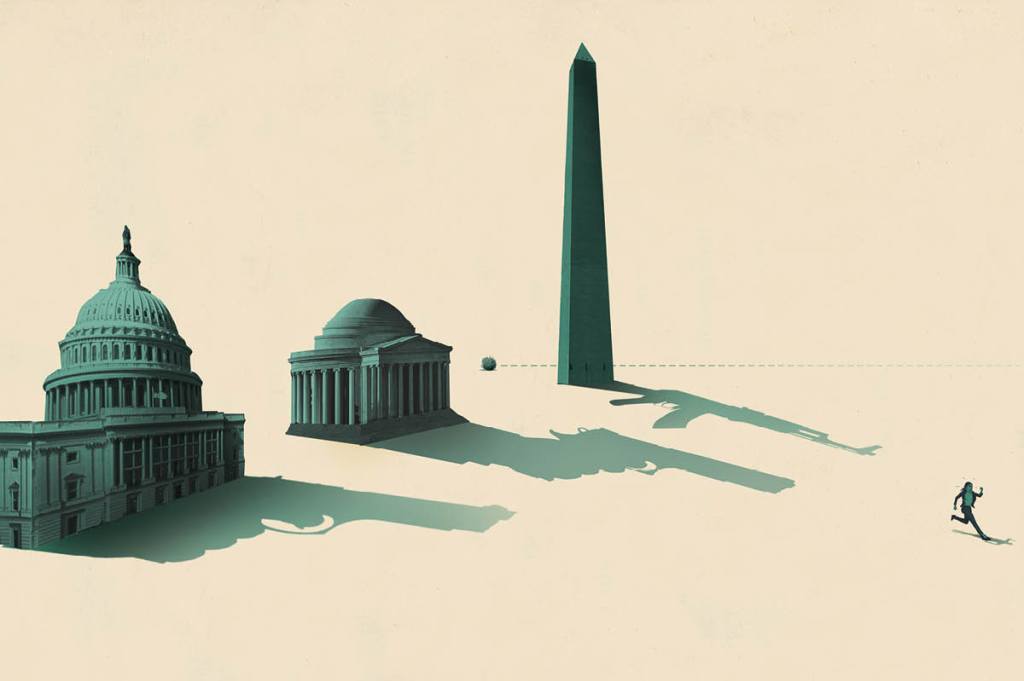
Elsewhere, Patrick Hauf does a ride-along with the Dallas Police Department, and finds an alternative approach to policing that could be a model for departments around the country.
Also in the magazine
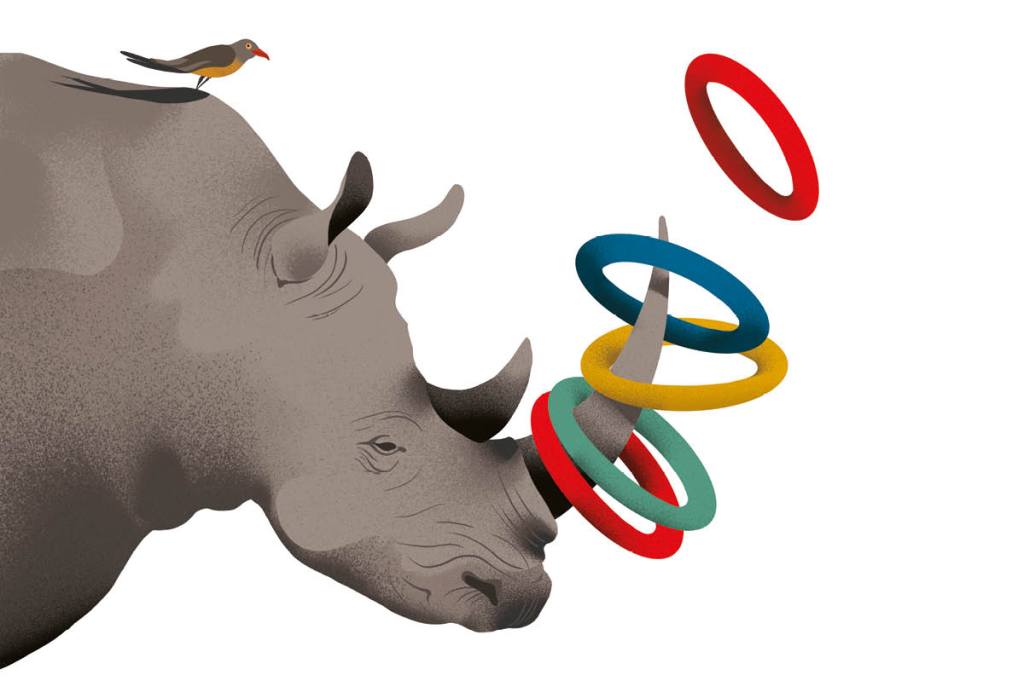
Game ranching has often been a controversial subject. But Geoff Hill, writing from Johannesburg, gives us a look at the business and explains how game ranching actually protects endangered species — and how it’s been a boon for conservation efforts.
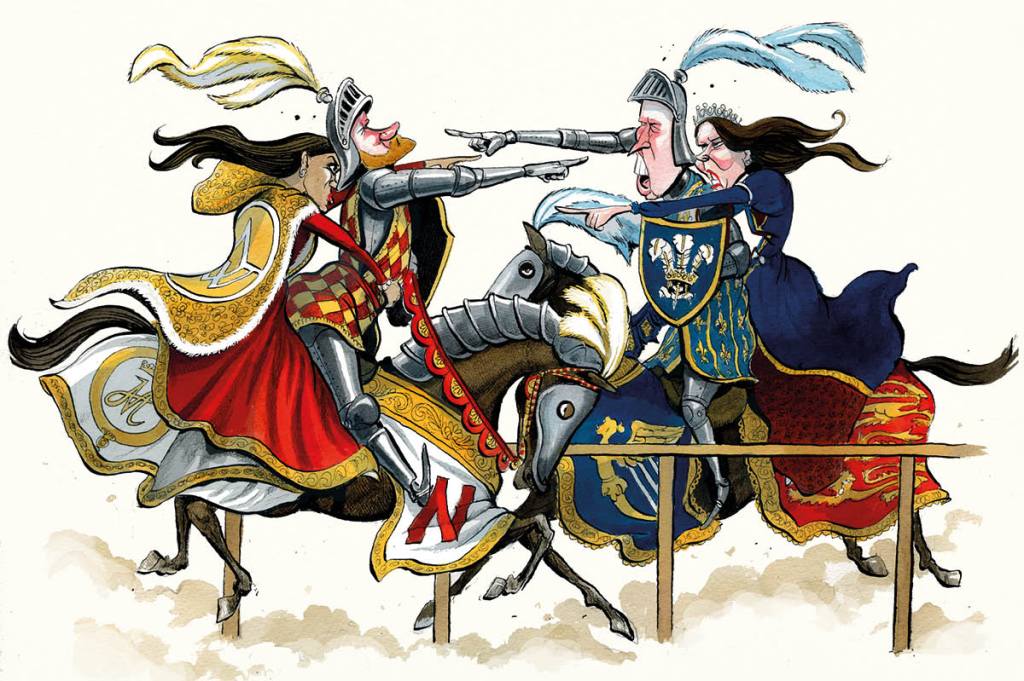
Britain’s royal family has had a string of illnesses lately, including the announcement of cancer striking King Charles III. Will this be a threat to the survival of the monarchy? Alexander Larman explores the possibility.
Student loan forgiveness has been a top issue for the Biden administration as it tries to win reelection this fall. But all of the policy prescriptions thus far are put on the shoulders of the taxpayer. Marc Oestreich wonders why we shouldn’t make the cash-rich universities pay.
In Culture
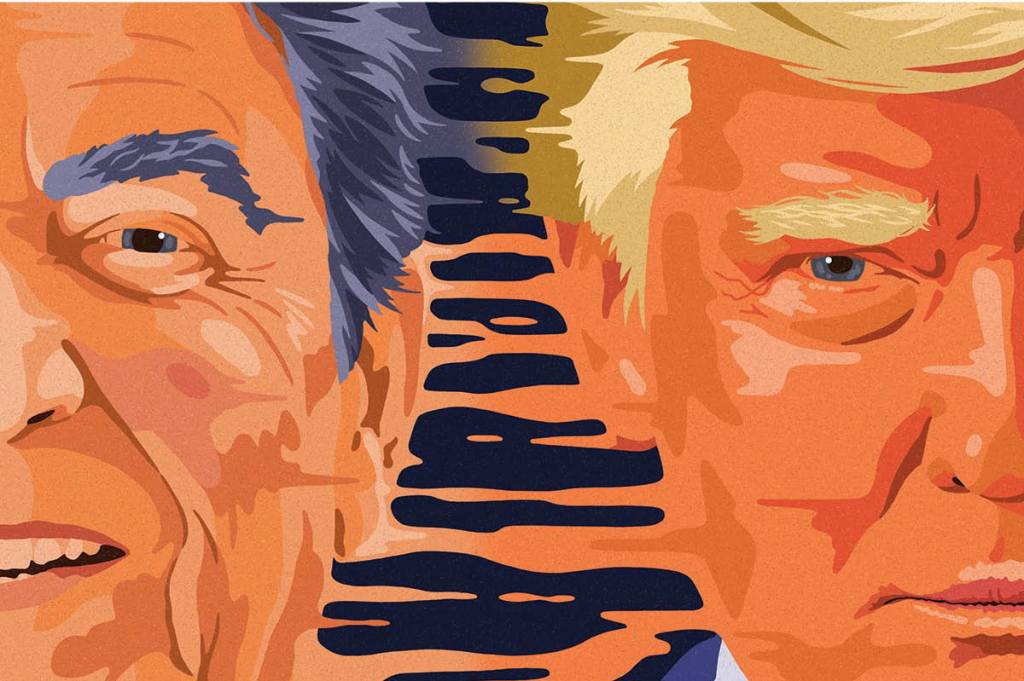
- Ben Domenech reviews We Win, They Lose: Republican Foreign Policy and the New Cold War and asks where the clarity is in modern center-right foreign policy
- Mitchell Jackson reviews Judith Butler’s latest book and finds the gender theorists first mainstream publication to be rather unconvincing
- In music, Christopher Sandford revisits the life and legacy of Kurt Cobain and asks why we’re still so fascinated with the grunge icon after all these years
Plus:
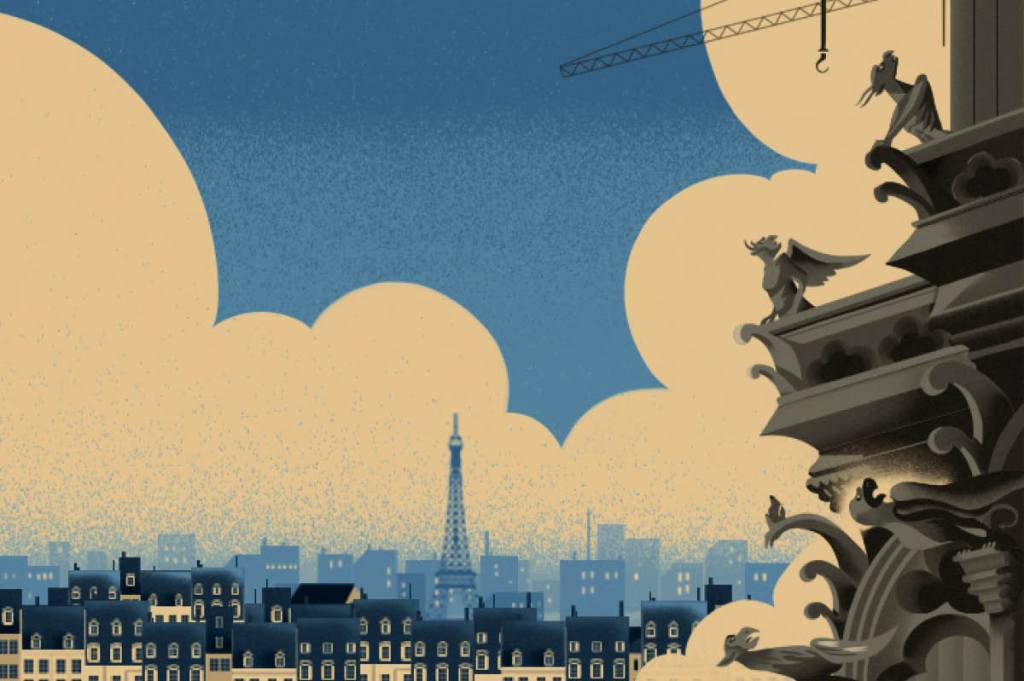
In Arts, William Newton looks at the rebuilding and near completion of Notre-Dame. Will it appease the traditionalists?
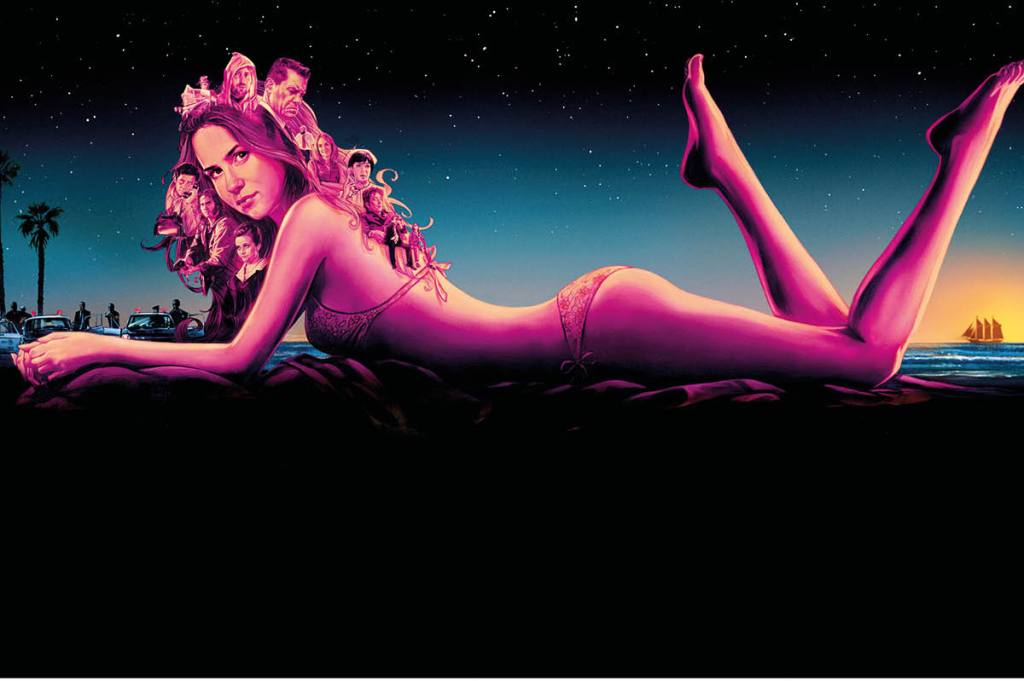
In film, Amelia Butler-Gallie reconsiders Paul Thomas Anderson’s Inherent Vice. Does it have anything to say about the American Dream?
And from Spectator Life
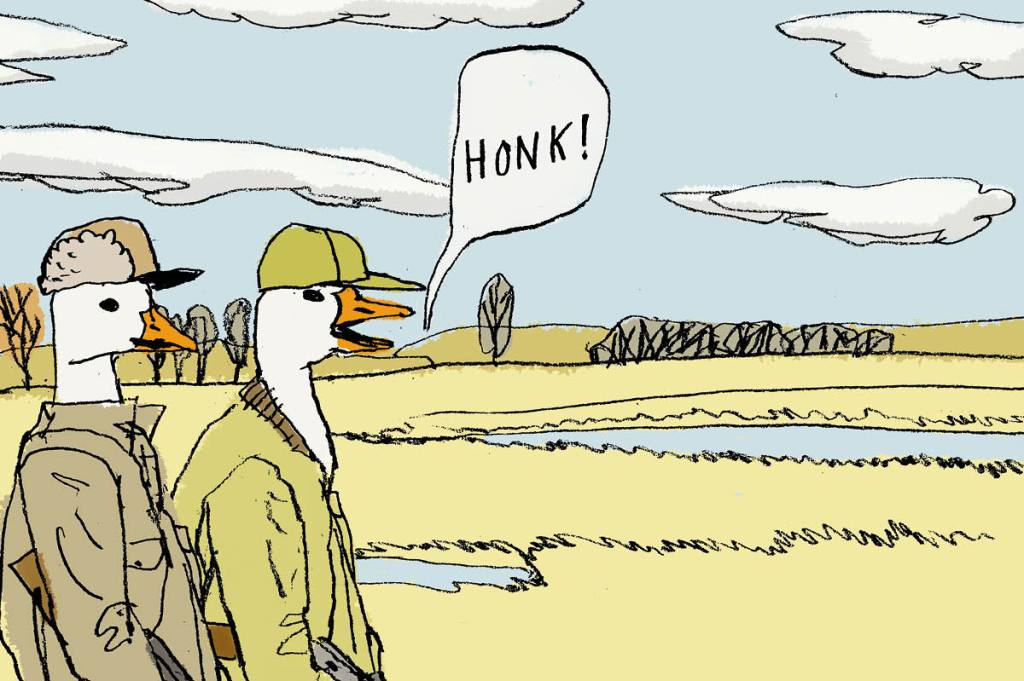
Birdie Hall explains her initiation into breastfeeding.
Bill Kauffman discusses his biggest regret.
Amber Duke takes us on a goose hunt.
The late Timothy Jacobson describes the joy of a museum lunch.
Calla Jones Corner serves up some wild boar.
Plus:

Kevin Cook looks at the golf renaissance and what the PGA-LIV merger means for the sport.
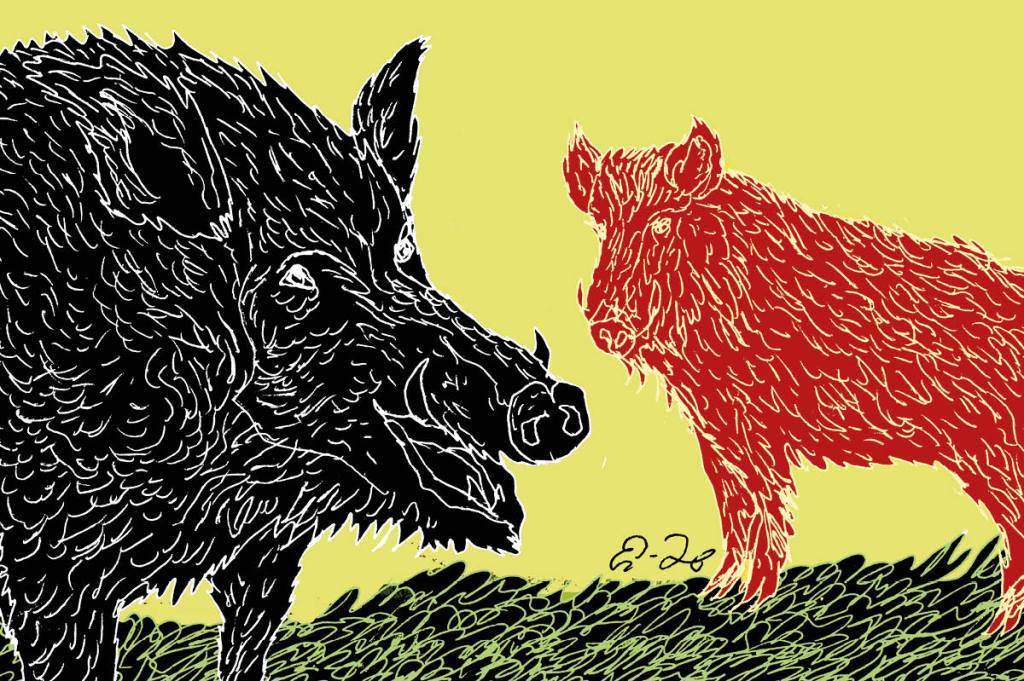
Teresa Mull looks at the feral pig problem and finds that pests can be a lucrative business.
Even more from the April issue
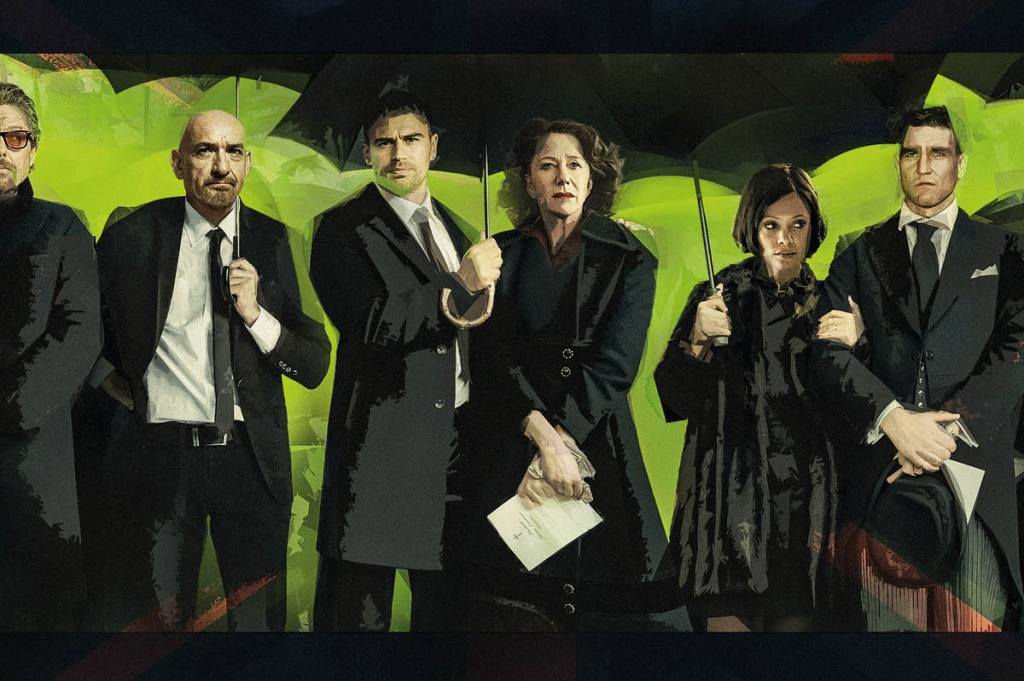
The intriguing revival of the British gangster picture
It is unlikely that either Sexy Beast or The Gentlemen will have their legacies seriously challenged by the television series based on them
By Alexander Larman
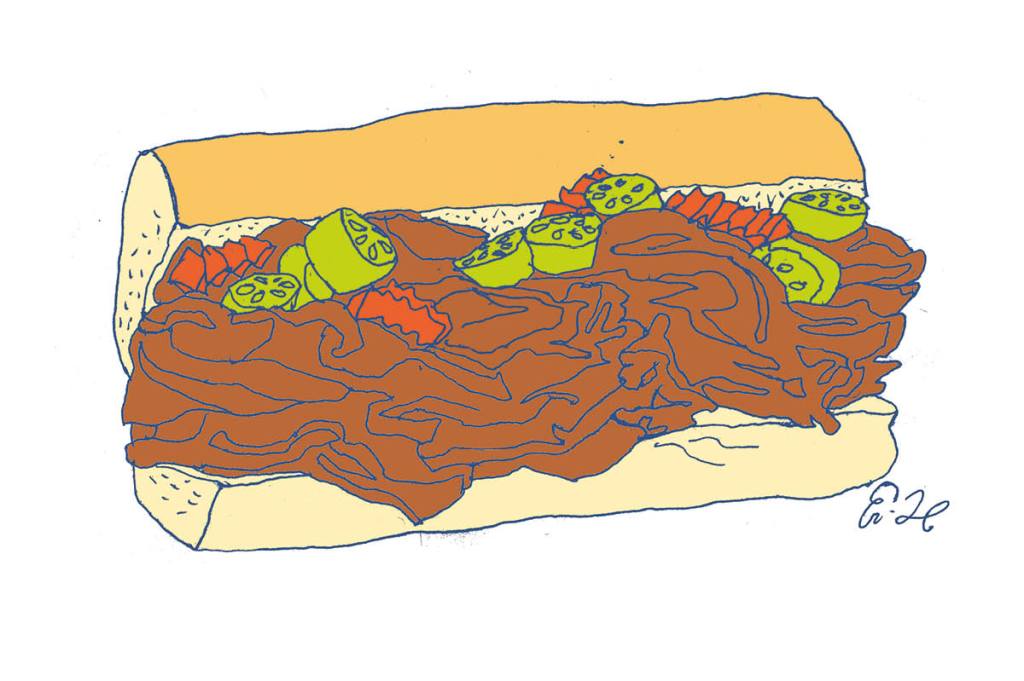
In Chicago, forget deep dish. The real pride is the beef
What a marvelous thing the city has given the world
By Angus Colwell



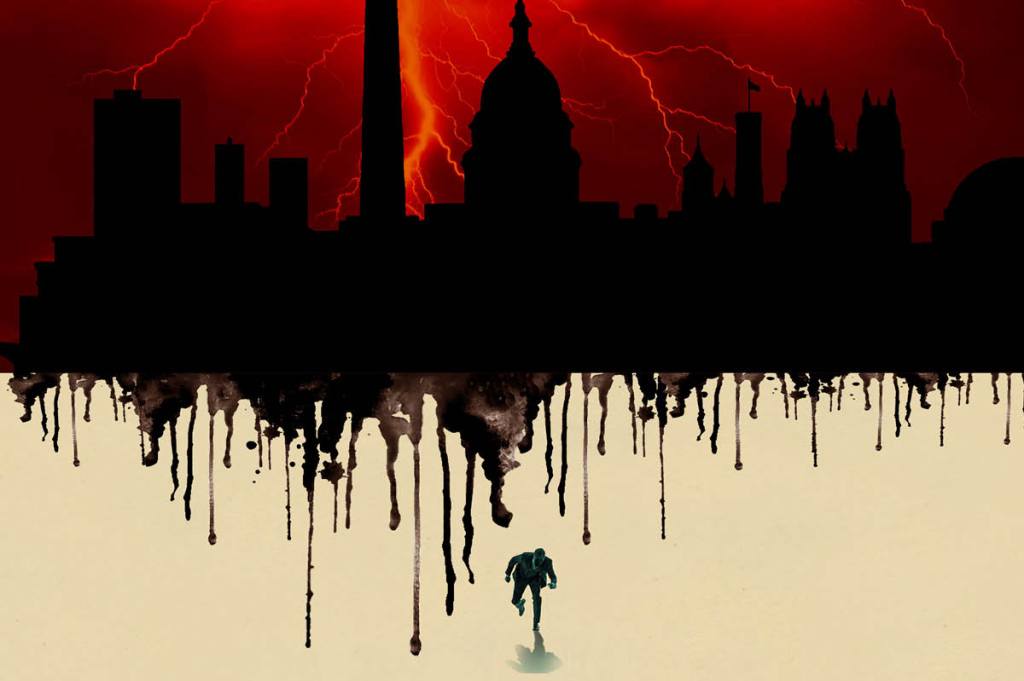







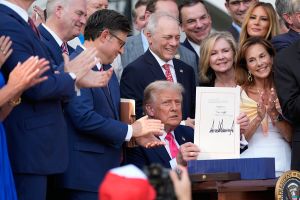

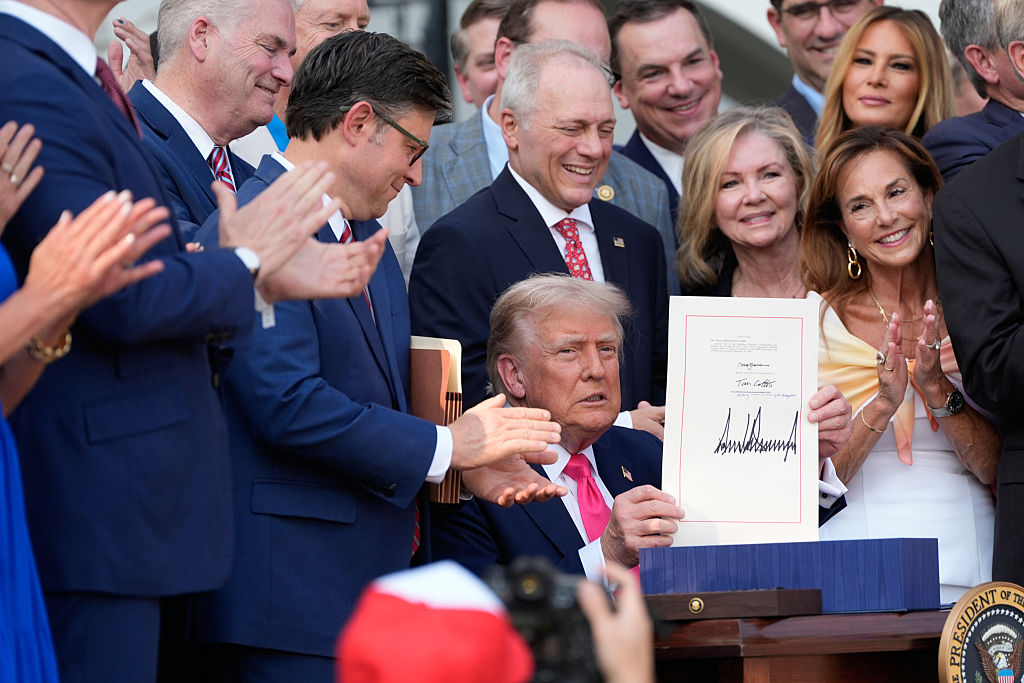
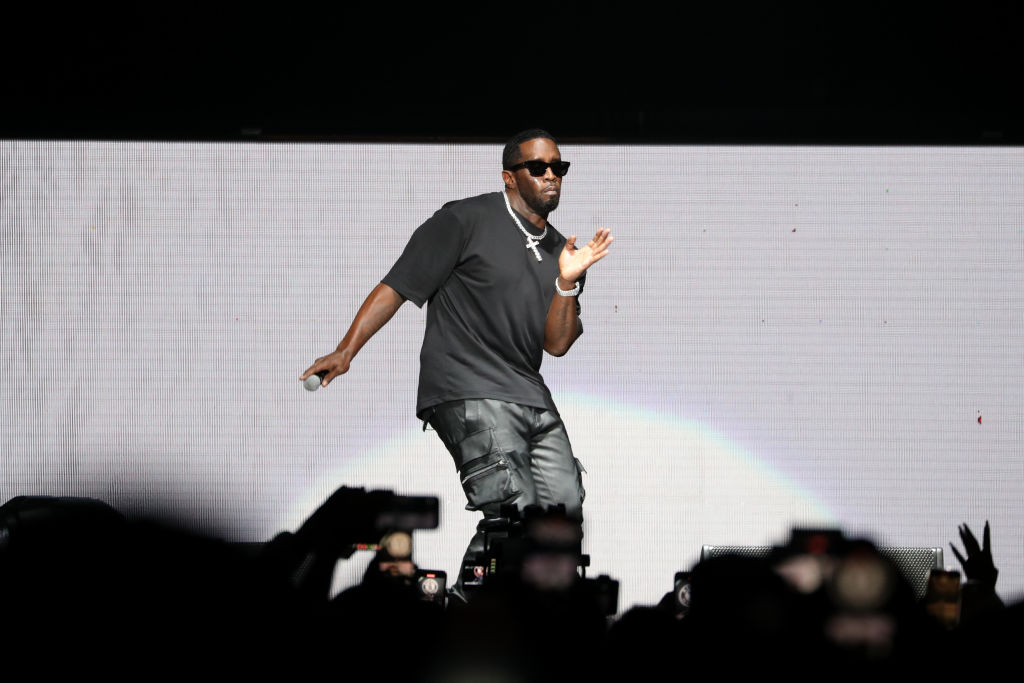
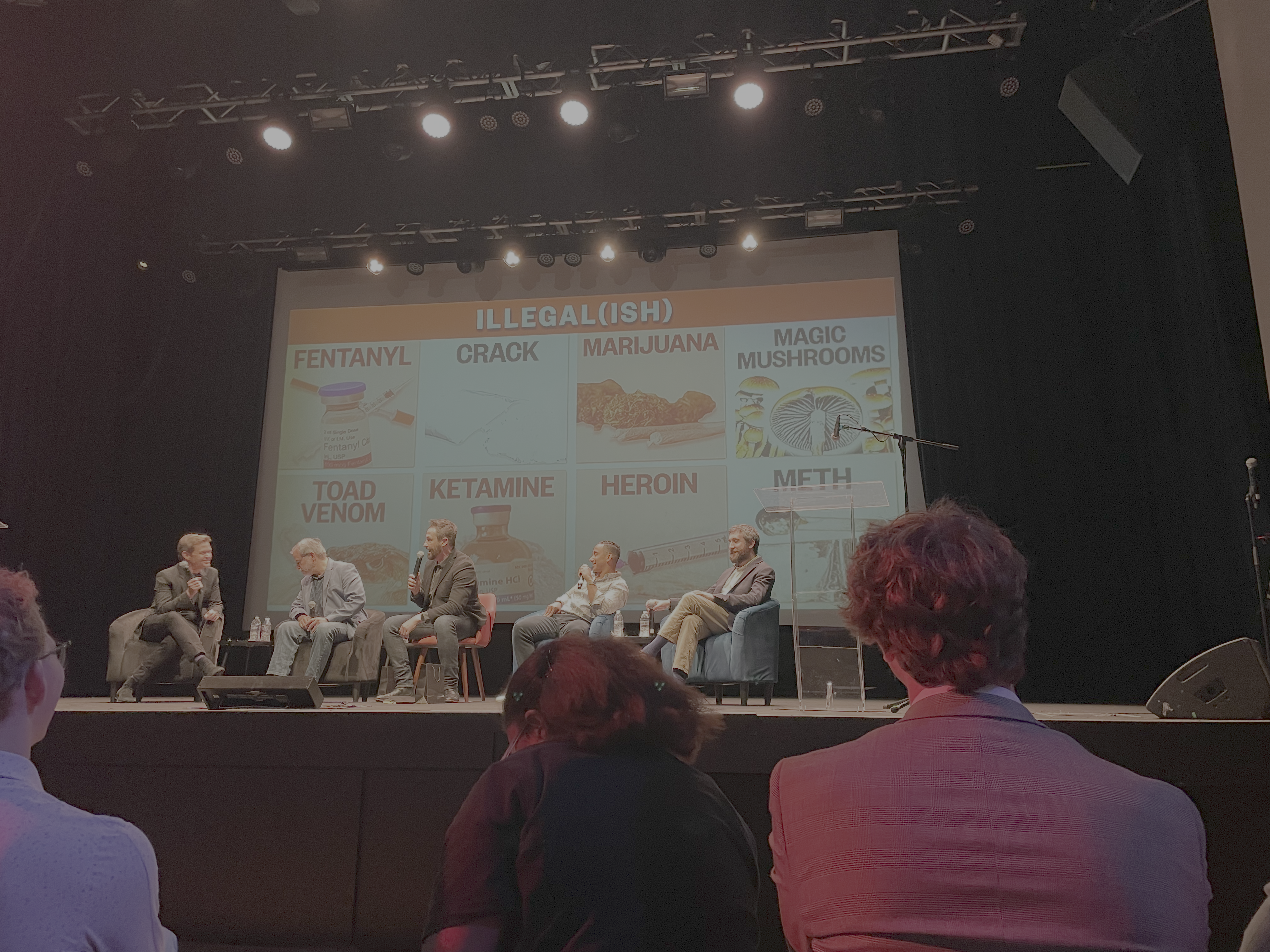


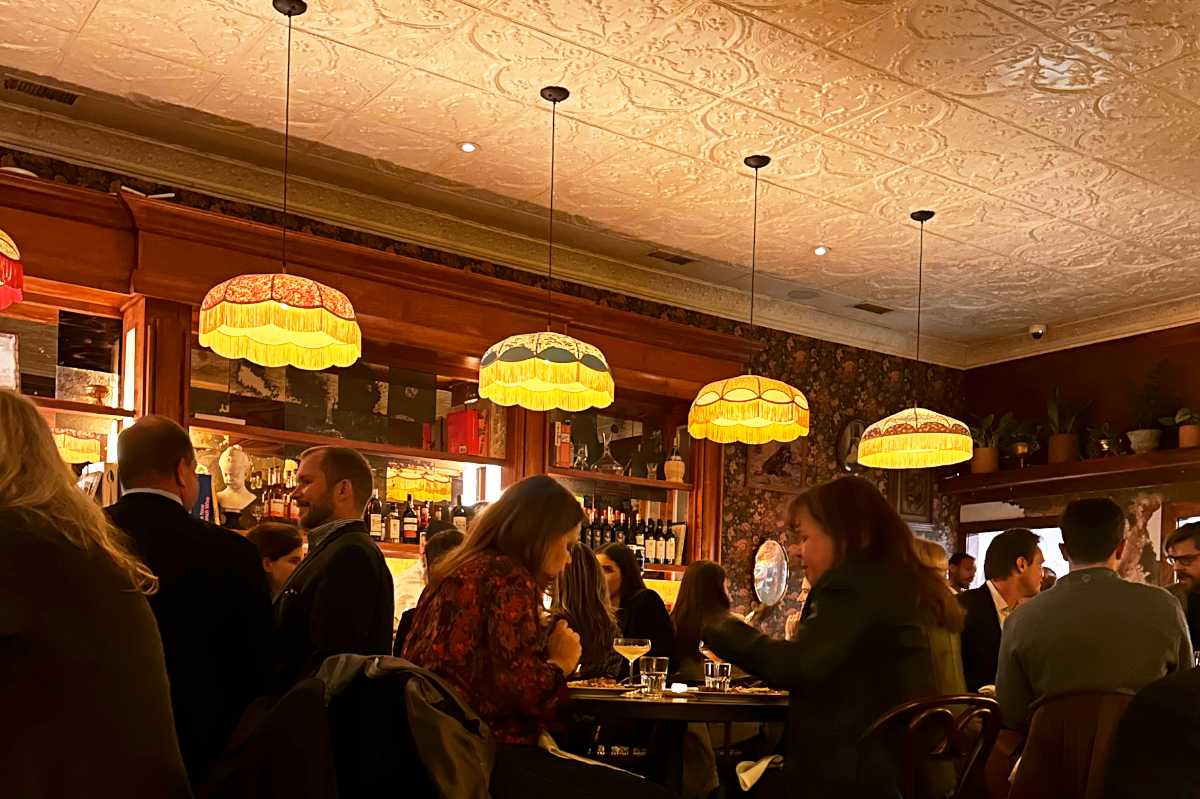







Leave a Reply